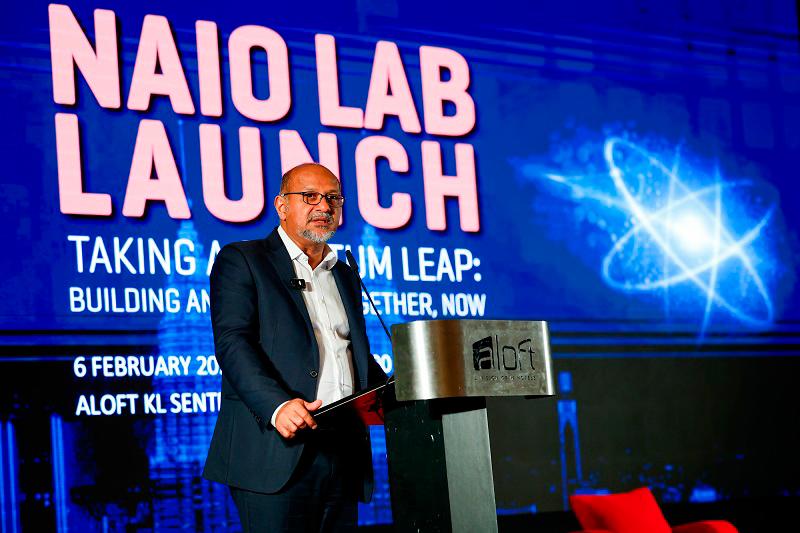KUALA LUMPUR: Over 450 high-skilled artificial intelligence (AI) engineering jobs will be created in Malaysia through the collaboration between the National AI Office (NAIO) and Global AI Village (GAIV).
Digital Minister Gobind Singh Deo said the goal is targeted for achievement within the next three to five years.
“This initiative is not just about importing global talent, but also nurturing local talent and ensuring Malaysians are at the forefront of AI innovation. We want to build a generation of AI leaders who can compete on the global stage,” he said in his speech at the launch of the NAIO Lab, here today.
The NAIO Lab’s launch marks a pivotal step in Malaysia’s AI journey, setting the foundation for a future where AI-driven solutions foster not only economic growth but also societal progress.
By fostering strategic partnerships between the government, industry leaders, academia and startups, the lab will continue accelerating AI innovation, ensuring Malaysia remains a technological trailblazer.
The NAIO Lab will spearhead citizen-centric AI applications across key sectors such as agriculture, healthcare, and transportation.
Gobind emphasised that the lab represents the key element of Malaysia’s vision to become a global AI hub, where developers can collaborate, experiment and innovate to create tangible benefits for the nation.
A key milestone in this journey is the launch of Rakan Tani, the first project launched under the NAIO Lab.
“Our first project, Rakan Tani, will be piloted in Terengganu, focusing on rice farmers. This pilot will test the effectiveness of AI-driven services such as e-marketplaces, farming input recommendations, and credit scoring. We aim to roll out the first phase within three to four months,” he said.
Gobind expressed confidence that the pilot would not only empower Malaysian farmers but would serve as a model for scaling AI solutions nationwide.
“While agriculture is our starting point, the NAIO Lab will soon expand to healthcare and transportation. These are areas where AI can truly make a difference in improving the quality of life and driving digital growth,” he said.









